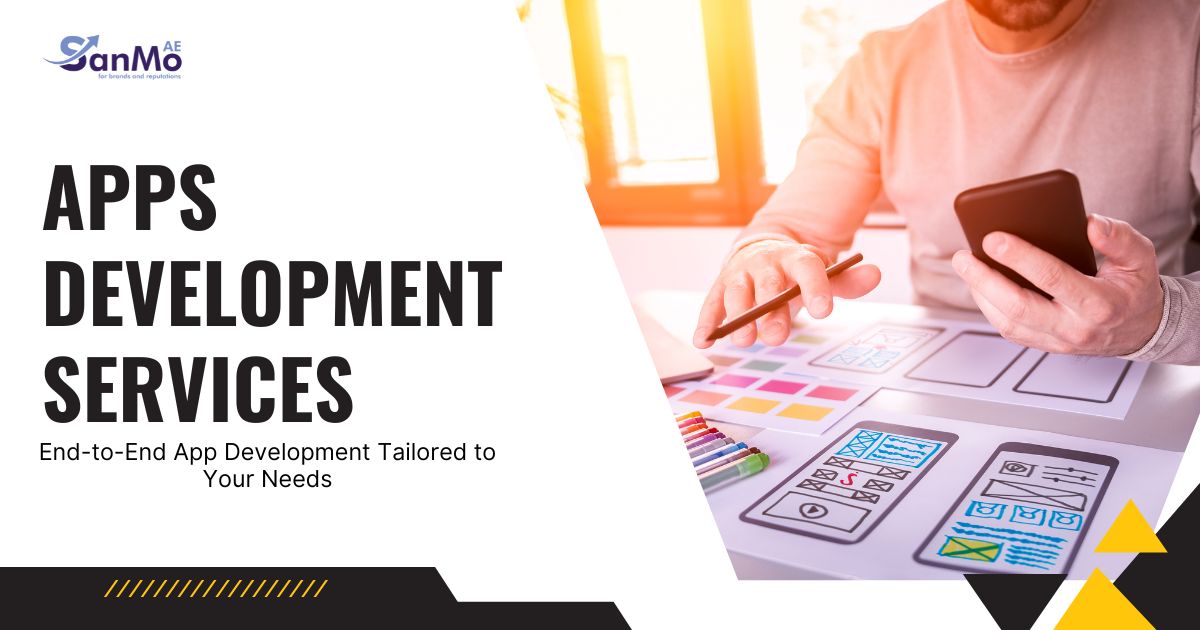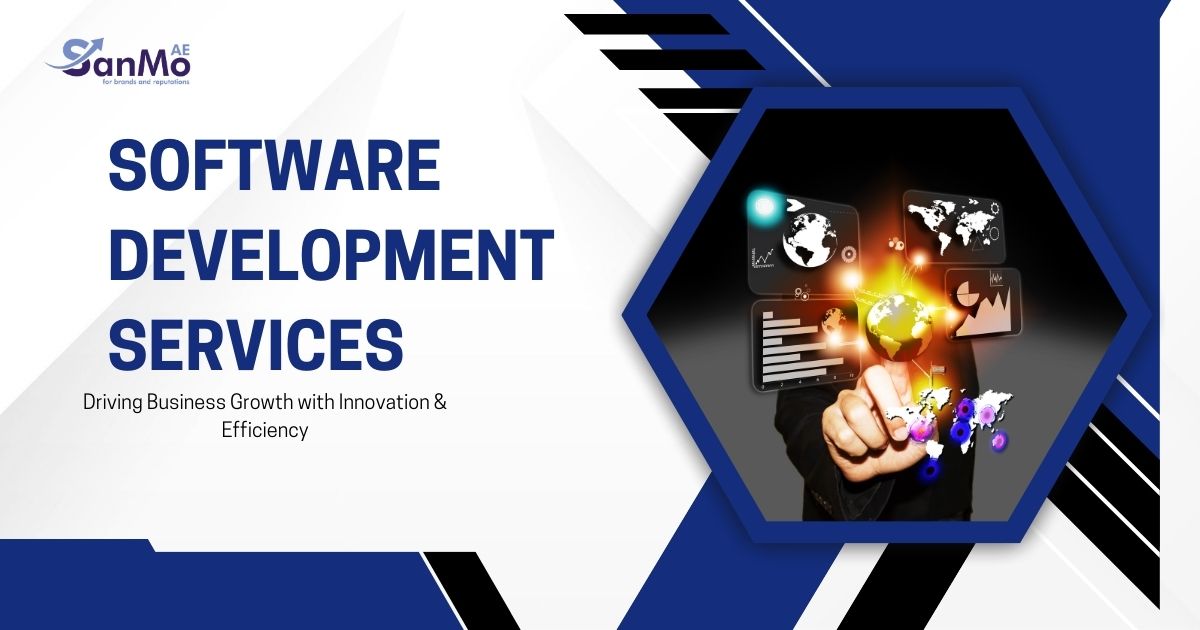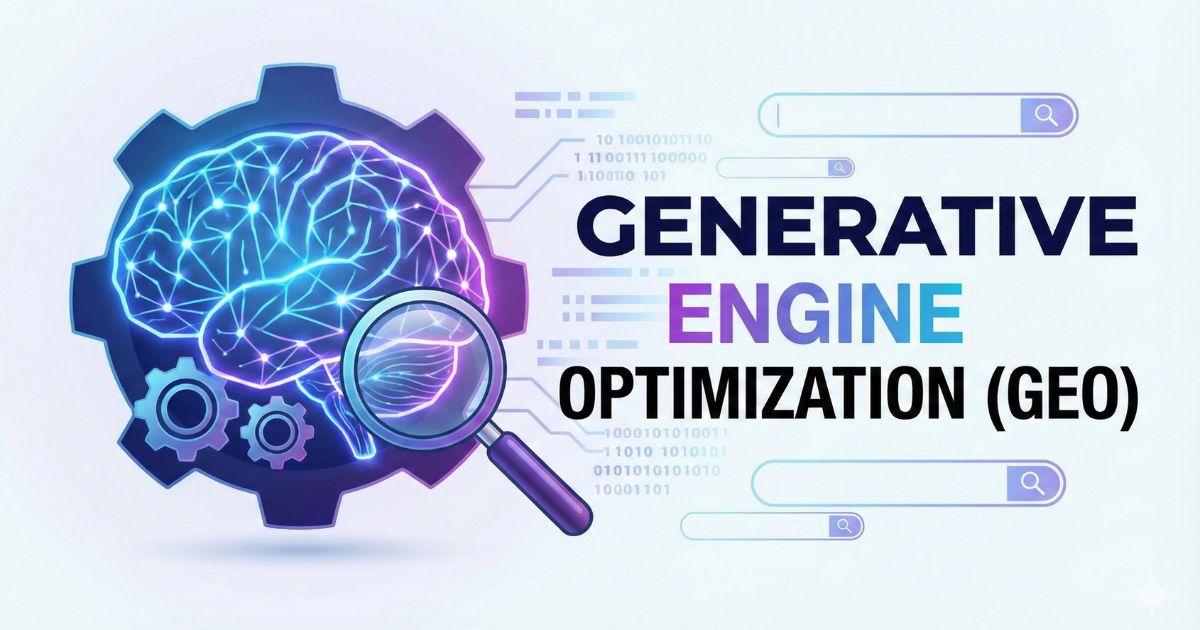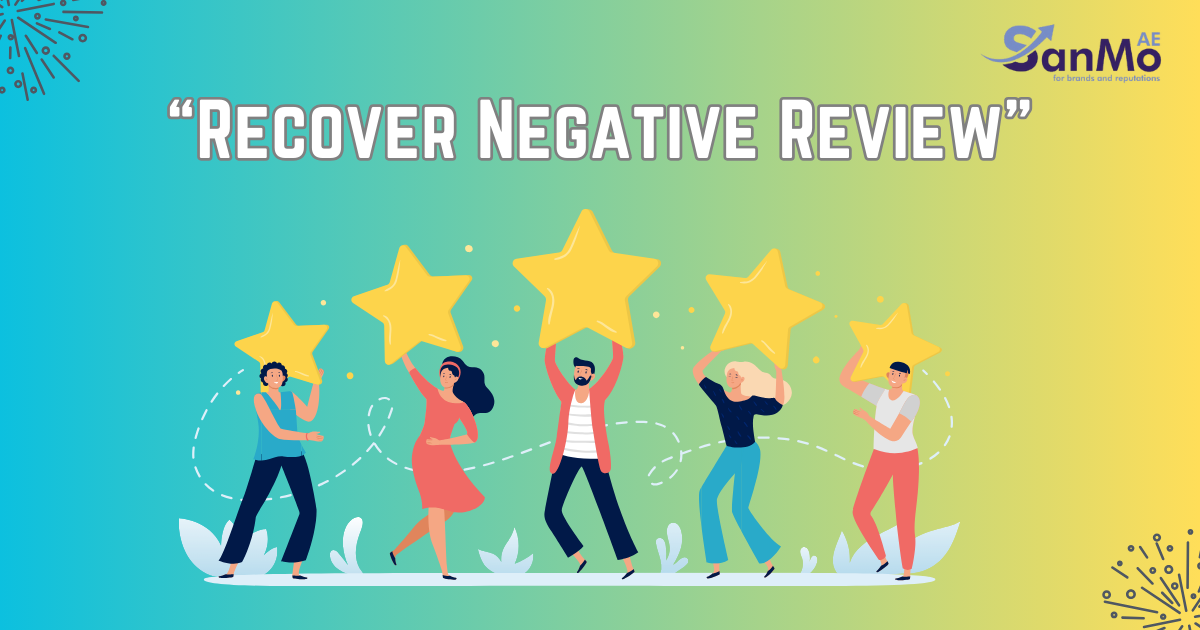Mobile applications have transformed how businesses connect with customers, streamline operations, and drive revenue growth. With over 6.8 billion smartphone users worldwide, companies across industries are recognizing that a well-designed mobile app isn’t just a nice-to-have—it’s essential for staying competitive.
Whether you’re a startup looking to launch your first mobile product or an established business ready to expand your digital presence, understanding apps development services is crucial for making informed decisions. This comprehensive guide will walk you through everything you need to know about mobile app development, from choosing the right approach to finding the perfect development partner.
By the end of this post, you’ll have a clear roadmap for turning your app idea into a successful mobile solution that delivers real value to your users and business.
What Are Apps Development Services?
Apps development services encompass the complete process of creating mobile applications, from initial concept to final deployment and ongoing maintenance. These services typically include strategy consulting, user experience design, technical development, quality assurance testing, and post-launch support.
Professional development teams offer expertise across multiple platforms, including iOS, Android, and cross-platform solutions. They handle the complex technical aspects while ensuring your app meets industry standards for performance, security, and user experience.
Most apps development services follow a structured approach that begins with understanding your business objectives and target audience. This foundation guides every subsequent decision, from feature prioritization to design choices and technology selection.
Types of Mobile App Development Approaches
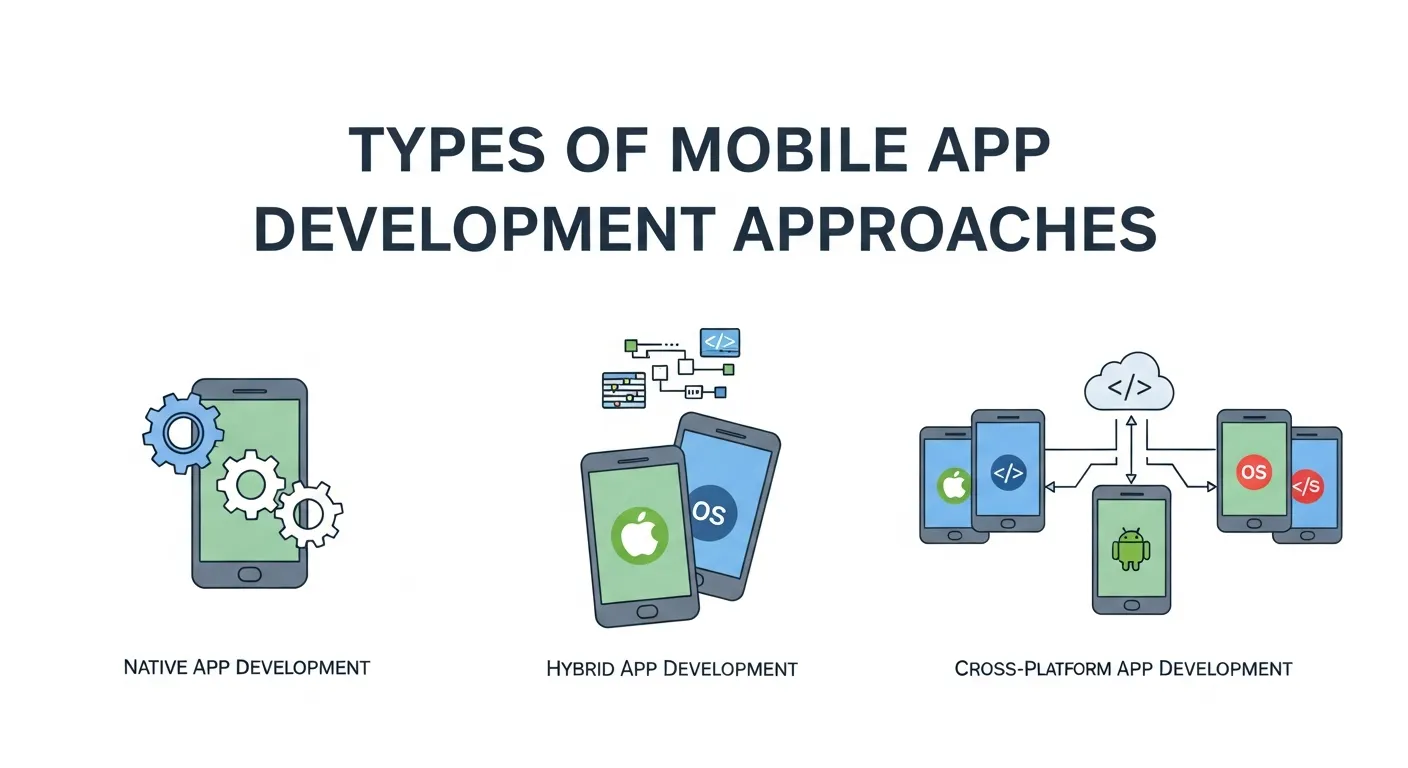
Native App Development
Native apps are built specifically for one platform using platform-specific programming languages. iOS apps use Swift or Objective-C, while Android apps utilize Java or Kotlin.
The primary advantage of native development is optimal performance and full access to device features like cameras, GPS, and push notifications. Native apps also provide the most authentic user experience, following each platform’s design guidelines perfectly.
However, native development requires separate codebases for each platform, which increases both development time and costs. You’ll need different teams or developers skilled in each platform’s technologies.
Cross-Platform Development
Cross-platform frameworks like React Native, Flutter, and Xamarin allow developers to write code once and deploy across multiple platforms. This approach significantly reduces development time and costs while maintaining near-native performance.
React Native, developed by Facebook, uses JavaScript and offers excellent performance for most applications. Flutter, Google’s framework, uses the Dart programming language and provides impressive visual consistency across platforms.
The trade-off is slightly reduced performance compared to native apps and potential limitations when accessing advanced device features. However, for most business applications, these limitations are minimal.
Hybrid App Development
Hybrid apps combine web technologies (HTML, CSS, JavaScript) with native containers. They’re essentially web applications wrapped in a native shell, allowing distribution through app stores.
This approach offers the fastest development timeline and the lowest costs. Hybrid apps work well for content-heavy applications or when you need to quickly test market demand for your app concept.
The main drawbacks include slower performance and limited access to device features compared to native or cross-platform solutions.
Key Features of Professional Apps Development Services
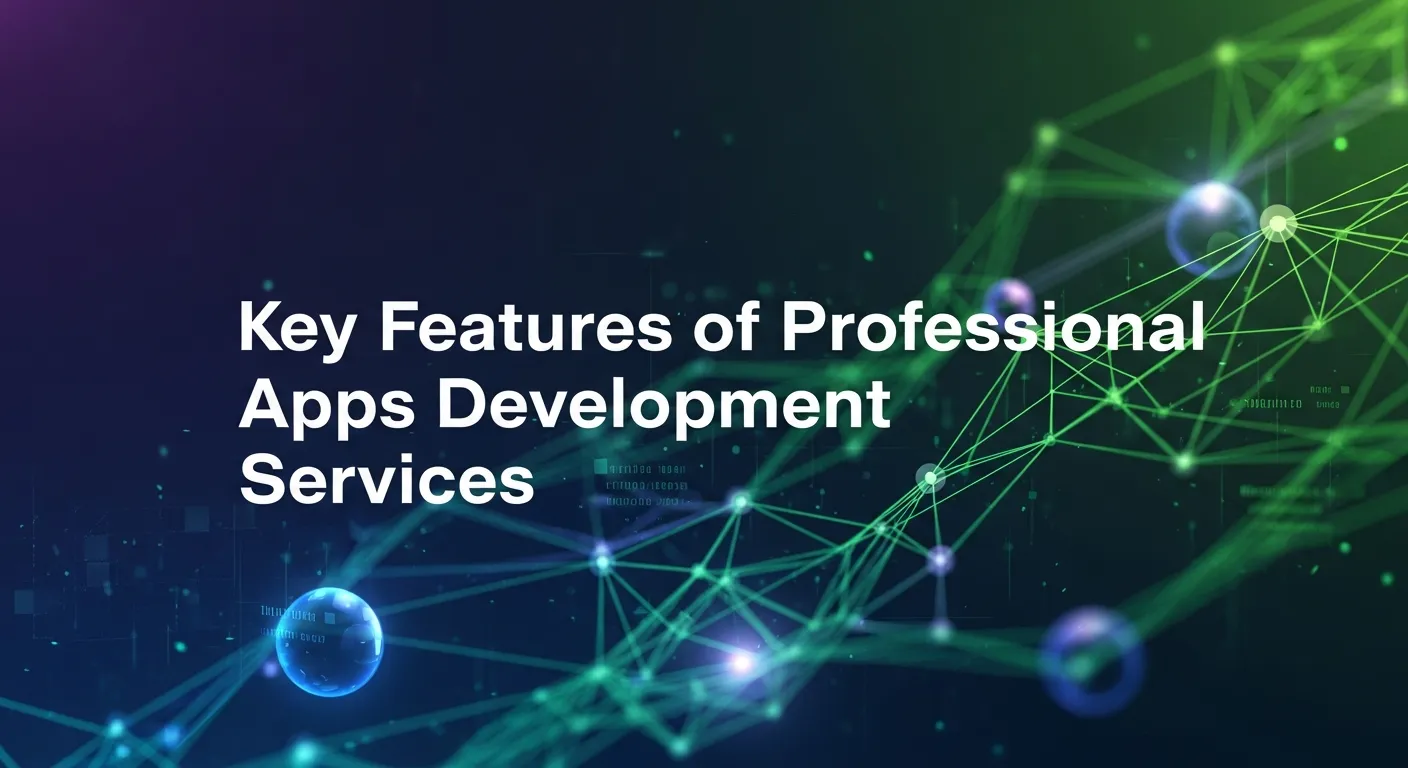
Strategic Planning and Consultation
Top-tier development services begin with thorough market research and strategic planning. They analyze your competition, identify your target audience’s needs, and recommend features that will drive user engagement and business growth.
This phase often includes creating user personas, defining success metrics, and establishing a clear roadmap for development and launch. Professional teams also advise on monetization strategies and long-term scalability considerations.
User Experience and Interface Design
Great apps prioritize user experience above all else. Professional development services employ experienced UX/UI designers who create intuitive, visually appealing interfaces that guide users naturally through your app’s functionality.
The design process typically includes wireframing, prototyping, and user testing to ensure the final product meets user expectations and business objectives. Designers also ensure compliance with platform-specific design guidelines for optimal app store approval chances.
Quality Assurance and Testing
Comprehensive testing is essential for successful app launches. Professional services conduct multiple testing phases, including functionality testing, performance testing, security testing, and user acceptance testing.
Automated testing tools help identify bugs and performance issues early in development, while manual testing ensures the app provides an excellent user experience across different devices and scenarios.
App Store Optimization and Deployment
Getting your app approved and discovered in app stores requires expertise in submission processes and optimization techniques. Development services handle the technical submission requirements while optimizing your app store listing for maximum visibility.
This includes crafting compelling app descriptions, selecting effective keywords, and creating eye-catching screenshots and videos that showcase your app’s value proposition.
How to Choose the Right Apps Development Service Provider
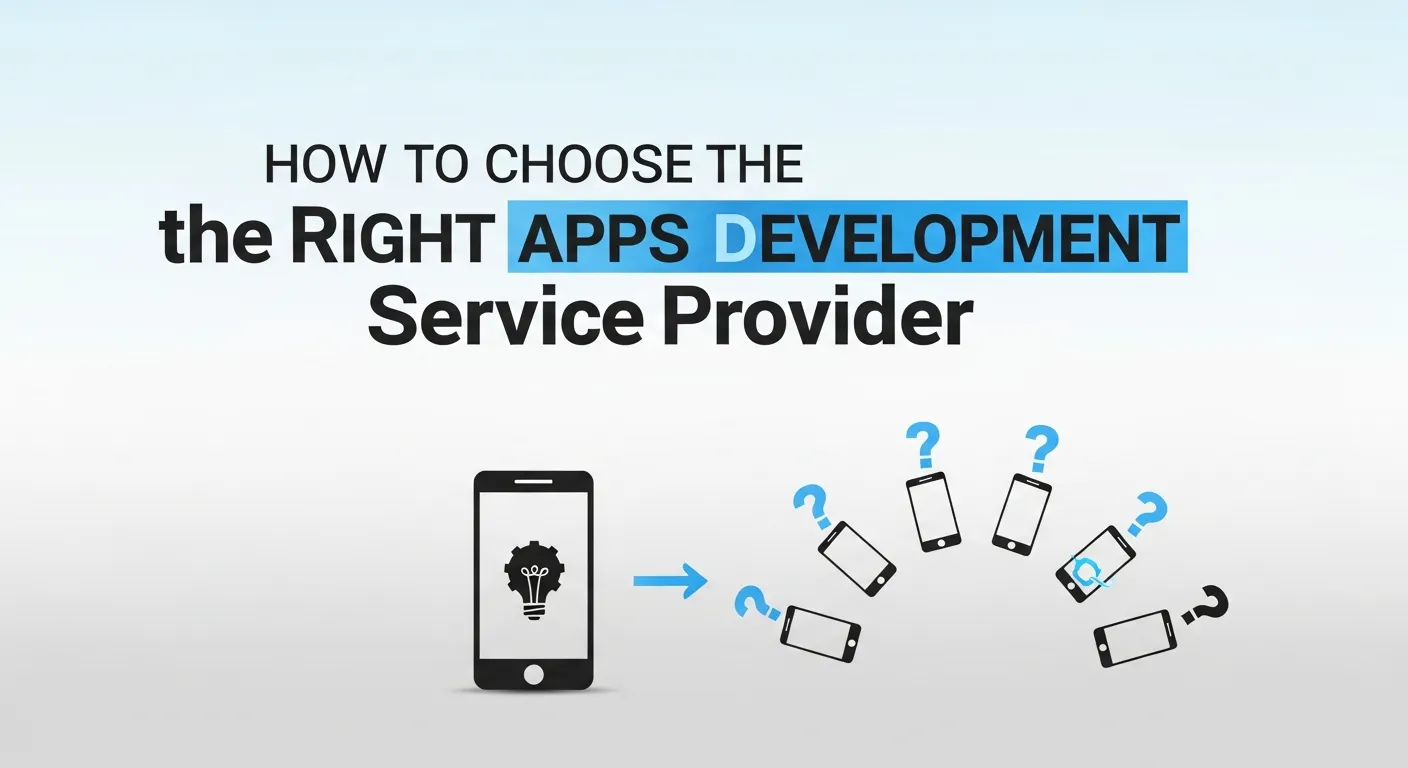
Evaluate Technical Expertise
Look for development teams with proven experience in your preferred development approach and industry. Review their portfolio to assess the quality and complexity of previous projects.
Ask about their development methodology, code quality practices, and experience with the latest technologies and frameworks. Strong technical teams stay current with platform updates and emerging trends.
Assess Communication and Project Management
Clear communication is critical for successful app development projects. Evaluate how potential partners handle project updates, feedback incorporation, and timeline management.
Look for teams that use established project management tools and methodologies like Agile or Scrum. They should provide regular progress updates and maintain transparency throughout the development process.
Consider Post-Launch Support
App development doesn’t end at launch. Choose services that offer comprehensive post-launch support, including bug fixes, performance monitoring, feature updates, and platform compatibility maintenance.
Discuss their approach to handling app store updates, security patches, and user feedback implementation. Long-term partnerships often yield better results than one-time development contracts.
Review Pricing and Value
While cost is important, focus on value rather than just price. Cheaper services may cut corners on quality, testing, or support, leading to higher long-term costs.
Request detailed proposals that break down costs by development phase and feature complexity. This transparency helps you understand what you’re paying for and makes it easier to compare different providers.
The Apps Development Process: From Idea to Launch
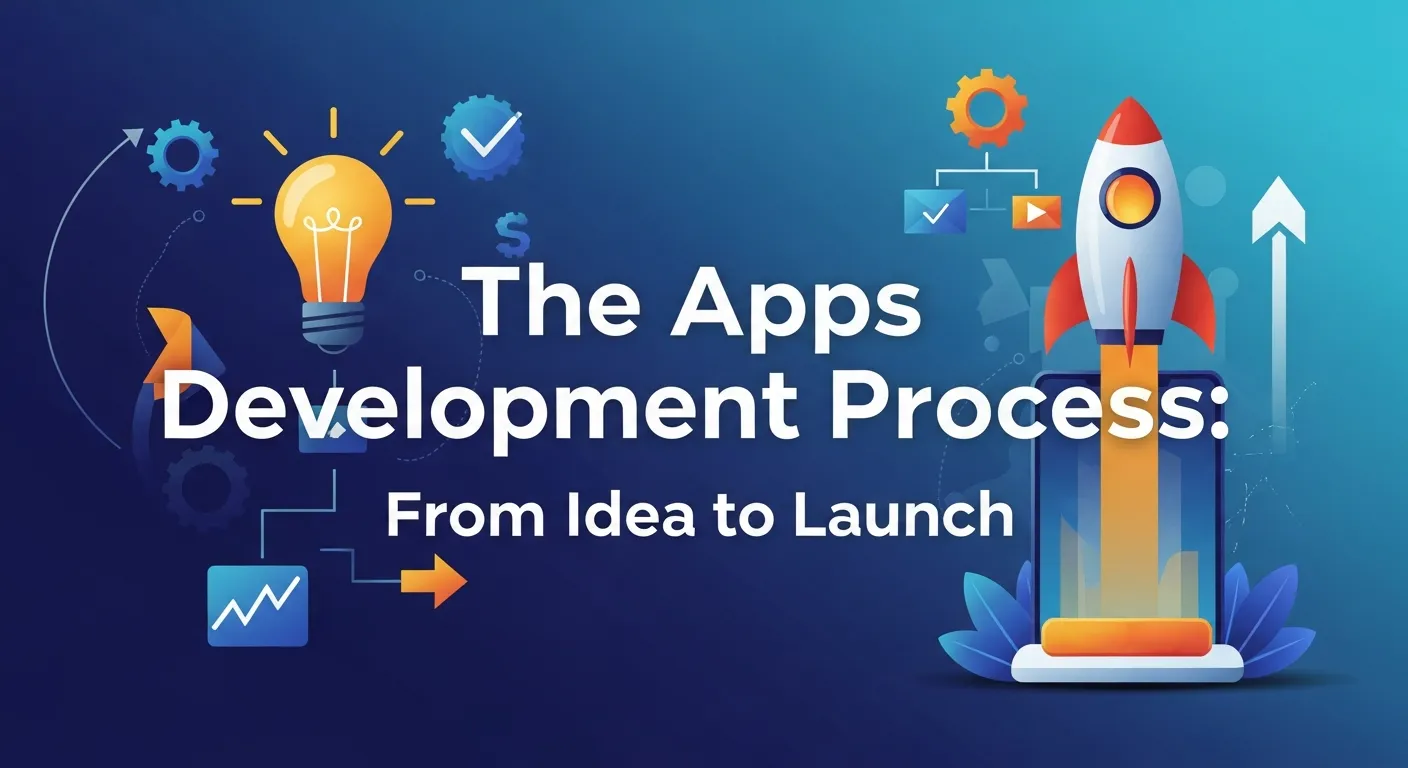
Discovery and Planning Phase
The development process begins with thorough discovery sessions where your development team learns about your business goals, target audience, and app requirements. This phase typically lasts 1-2 weeks and results in a detailed project roadmap.
Key deliverables include technical specifications, user stories, wireframes, and a development timeline. This foundation ensures everyone understands the project scope and success criteria.
Design and Prototyping
Designers create detailed mockups and interactive prototypes that bring your app concept to life. This phase allows you to experience your app’s flow and functionality before development begins.
User testing during this phase helps identify potential usability issues and ensures the design meets user expectations. Changes made during design are much less expensive than modifications during development.
Development and Integration
The actual coding begins once designs are approved. Development teams typically work in sprints, delivering functional app sections for review and feedback every 2-3 weeks.
This iterative approach allows for course corrections and ensures the final product aligns with your vision. Regular communication during this phase is essential for staying on track and managing scope changes.
Testing and Quality Assurance
Comprehensive testing occurs throughout development, with intensive testing phases before launch. Teams test functionality, performance, security, and user experience across multiple devices and scenarios.
Beta testing with real users provides valuable feedback and helps identify issues that might not surface during internal testing. This phase is crucial for ensuring a smooth public launch.
Common Challenges in Apps Development
Scope Creep and Feature Bloat
Many app projects suffer from constantly expanding requirements, leading to delayed launches and inflated budgets. Clear initial planning and disciplined scope management help prevent these issues.
Successful teams prioritize core features for the initial launch while maintaining a backlog of additional features for future releases. This approach allows faster market entry and user feedback collection.
Platform Fragmentation
The variety of devices, screen sizes, and operating system versions creates complexity for app developers. Professional services have strategies for managing this fragmentation while maintaining consistent user experiences.
Testing across multiple device configurations and maintaining compatibility with recent OS versions requires ongoing attention and resources.
Performance Optimization
Users expect fast, responsive apps that don’t drain battery life or consume excessive data. Achieving optimal performance requires careful coding practices and thorough testing.
Professional development teams use performance monitoring tools and optimization techniques to ensure apps meet user expectations across different device capabilities.
Maximizing Your Apps Development Investment
Start with a Minimum Viable Product
Rather than trying to build everything at once, focus on core features that deliver primary value to users. This approach allows faster market entry and provides real user feedback to guide future development.
MVP development reduces initial costs and risks while providing a foundation for iterative improvement based on actual user behavior and preferences.
Plan for Long-Term Success
Consider your app’s evolution beyond the initial launch. Plan for user growth, feature expansion, and technology updates that will be necessary over time.
Choose development partners and technologies that support long-term scalability and maintenance. Short-term savings on development can become expensive if they limit future growth potential.
Invest in User Analytics
Understanding how users interact with your app is essential for improvement and growth. Implement analytics tools that provide insights into user behavior, feature usage, and performance metrics.
This data guides feature development decisions and helps optimize user experiences based on real usage patterns rather than assumptions.
Taking the Next Step in Your App Development Journey
Apps development services offer the expertise and resources needed to transform your mobile app vision into reality. Success depends on choosing the right development approach, finding experienced partners, and maintaining focus on user value throughout the process.
Remember that app development is an iterative process that extends well beyond the initial launch. The most successful apps continuously evolve based on user feedback and changing market conditions.
Frequently Asked Questions (FAQ) about Apps Development Services
1. What are apps development services?
Apps development services encompass the full process of creating mobile applications, from initial concept and design to development, testing, deployment, and post-launch support. These services help businesses build mobile solutions that are functional, user-friendly, and optimized for performance.
2. Which platforms can apps development services cover?
Professional apps development services, like those offered by SanMo AE, cover major platforms including iOS, Android, and cross-platform solutions. They ensure your app works seamlessly across devices and operating systems.
3. What types of app development approaches are available?
- Native App Development: Apps built specifically for one platform (iOS or Android) using platform-specific languages.
- Cross-Platform Development: Apps built once and deployed on multiple platforms using frameworks like React Native or Flutter.
- Hybrid App Development: Apps that combine web technologies with a native container for quick deployment.
4. Why should I choose a professional service provider like SanMo AE?
Partnering with an experienced provider ensures high-quality app development, proper project management, and ongoing support. SanMo AE offers expertise in strategy, design, development, testing, and app store deployment, helping businesses launch apps that deliver real user value.
5. How long does it take to develop a mobile app?
The timeline depends on the app’s complexity, features, and chosen development approach. A simple app might take 2–3 months, while complex apps with advanced features may take 6 months or more. Professional services like SanMo AE provide detailed project timelines during the discovery and planning phase.
6. How much does app development cost?
Costs vary depending on the app type, platform, features, and design requirements. While cheaper options exist, professional services like SanMo AE focus on value, quality, and long-term support, which reduces costs associated with bugs, poor performance, or post-launch maintenance.
7. What is a Minimum Viable Product (MVP), and why is it important?
An MVP is a version of your app with core features designed to meet primary user needs. Developing an MVP allows faster market entry, early user feedback, and iterative improvements, which reduces risk and development costs.
8. How can I ensure my app performs well after launch?
Performance depends on code quality, testing, and optimization. Professional development services like SanMo AE conduct thorough QA, performance testing, and post-launch monitoring to ensure your app runs smoothly across devices.
9. Does SanMo AE provide post-launch support?
Yes! Post-launch support is crucial for updates, bug fixes, performance monitoring, and adding new features. SanMo AE offers ongoing maintenance and support to ensure your app continues to deliver value to users.
10. How do I choose the right apps development service provider?
Evaluate potential partners based on:
- Technical expertise and portfolio
- Communication and project management practices
- Post-launch support capabilities
- Pricing transparency and value
SanMo AE meets all these criteria, offering comprehensive apps development services for businesses of all sizes.
Ready to Build Your Mobile App with SanMo AE?
Looking for reliable and scalable Apps Development Services to turn your idea into a powerful mobile solution? SanMo AE delivers custom mobile app development tailored to your business goals—from concept and design to development, launch, and ongoing support.
Whether you’re a startup launching an MVP or an enterprise expanding your digital ecosystem, our expert team is here to help you succeed.
Why Choose SanMo AE?
- Custom iOS, Android, and cross-platform app development
- User-focused UI/UX design
- Secure, high-performance, and scalable solutions
- Dedicated post-launch support and maintenance
Take the Next Step
Contact SanMo AE Today to start building your mobile app and bring your vision to life.




